Brooke Pelletier–
The Point reached out to the Instruction and Research Librarian, Renée Fratantonio, regarding how to stay informed properly in the midst of the COVID-19 pandemic. There are always sources of fake news and misinformation spreading around the internet, and now more than ever it is essential to make sure you are staying correctly informed.
Fratantonio advised students to “Go to the Centers for Disease Control and Prevention website for valid information on COVID-19. For local information, you can also use the Massachusetts Department of Public Health’s website.” She also suggests that “At this time, it is critical that you pay attention to where the information you find online comes from. Who is the author? Who do they work for? What is the intention of the author in providing you with the information?”
Another way to help guide the flow of misinformation away from yourself and others could include listening to what the public health experts at the CDC and Department of Public Health have to say. Fratantonio suggests that this “will help you recognize when misinformation comes across your news feed. If you don’t know what the experts are saying, how can you expect to recognize when someone shares misinformation with you? Don’t take everything on social media at face value. A lot of people are panicking and when people are scared, they are more susceptible to believing and sharing misinformation.”
In terms of strategies and tips students can use, Fratantonio suggested a few different sites and guides.
“There are two excellent infographics on the library’s Fake News guide that I recommend keeping in mind when reading about the novel coronavirus pandemic: How To Spot Fake News and On the Media’s Breaking News Consumer Handbook. These provide foundational tips for being savvy information consumers. Since the infographics are a little more general, I’ll add some context: if you don’t recognize the website, the organization, or the news agency providing information, I recommend setting that source aside and looking for a source you do recognize. It’s difficult to explain all the strategies involved in research but if you come across a web article or a social media post that makes a claim about natural ways to cure COVID-19, try googling the alleged cure with coronavirus in your search (i.e. vitamin C and coronavirus cure). Really evaluate the sources in your results, pay attention to the dates, and look for the most recently published results. Compare the information from the source with the official information from the CDC. Beware anyone making claims about cures. The scientific process takes time meaning that medicine like vaccines and drugs undergo testing and clinical trials. This is important for understanding science in general. Until a treatment has successfully passed clinical trials and has been approved by the Food and Drug Administration, claims about cures are not valid. They are claims that are unproven or still undergoing testing to determine if they are effective.”
Fratantonio also recommends “exercising caution with sources that try to deflect blame for the virus on groups of people or countries as this may be a sign of unethical reporting. At times like these, context is everything and subject area experts (such as medical professionals and public health experts) are the sources of information that have the most authority on how to deal with the novel coronavirus pandemic.”
While the move online has restricted many different areas of our normal college lives, the library is still largely here for students in this time of need. Fratantonio explained that “the library has hundreds of thousands of digital resources that can be accessed online from the safety of your homes. Even though we are not physically in the library, our resources and services are still available. You can start on the library’s website (https://library.fitchburgstate.edu/) by using the All Search tool or by going directly to databases you normally use for your research. Librarians and library staff are all working remotely and are available to help with any problems you experience. You can use the Let’s Chat button at the top of the library’s website (right-hand corner) to get in touch with a librarian through chat or email. If you’re looking for a specific librarian, use the staff profiles link on the Let’s Chat page to find that person’s contact information. If you only know us by sight, our pictures are provided. While our print books are not available, we have access to thousands of ebooks and new collections available every day. We are still running our Interlibrary Loan service so students can request digital copies of articles that are not available in full text through our databases. If you need to do research for a class, librarians are available by appointment or by email to help you find sources. The library also has a YouTube channel (https://www.youtube.com/channel/UC6cXuv71RqK5aMuzzHzB86A/) where we post How-To videos and tutorials for doing research online! If we don’t have a video on how to do something for your research, let us know and we’ll make it. We also have hundreds of research guides by topic and by course that you can use as a jumping-off point for doing research for your classes. Librarians are available every day of the week so you can always send us your questions.”
Lastly, Fratantonio gave a bit of advice and kind words to students that may be struggling in the wake of this pandemic. Fratantonio advises to “Stay healthy, helpful, and calm (to the best of your ability). Remember that even when you’re feeling isolated or unsure, you can reach out to us. Librarians may not know everything but we know how to find (almost) everything—even if your question doesn’t seem research or library-related, we are happy to help and connect you with the right people.”
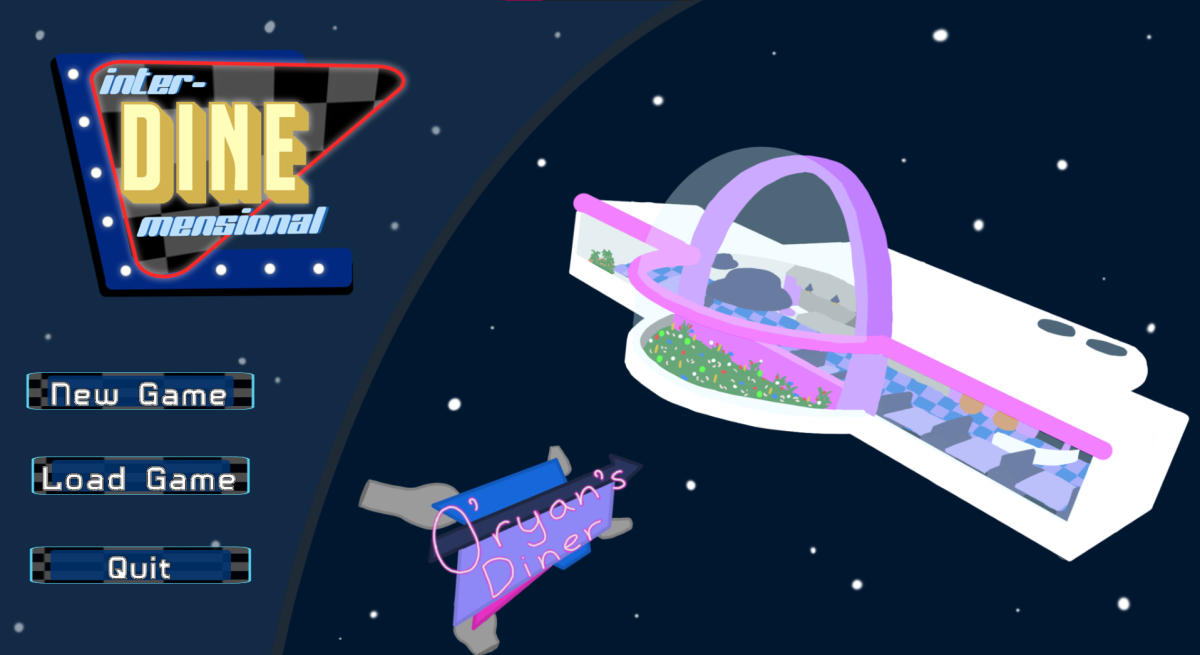
February 16, 2024
February 16, 2024
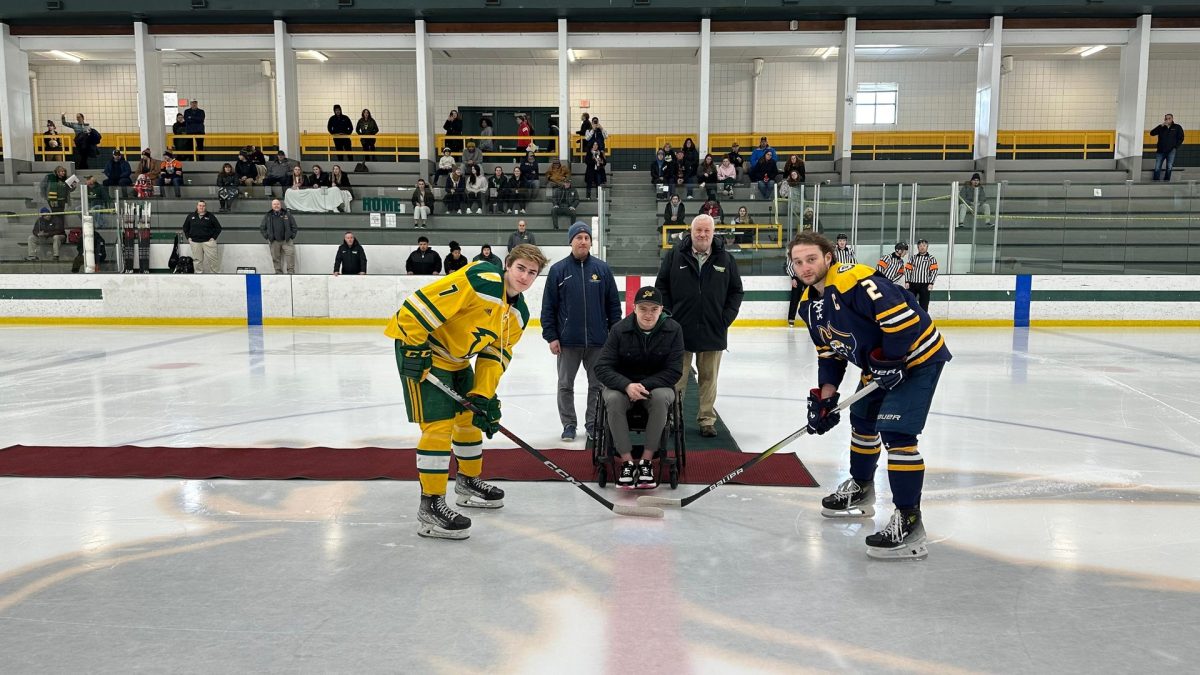
February 16, 2024

February 16, 2024
Trending Stories
Instruction and Research Librarian explains how to avoid misinformation about COVID-19
April 9, 2020
View Comments (1)
More to Discover


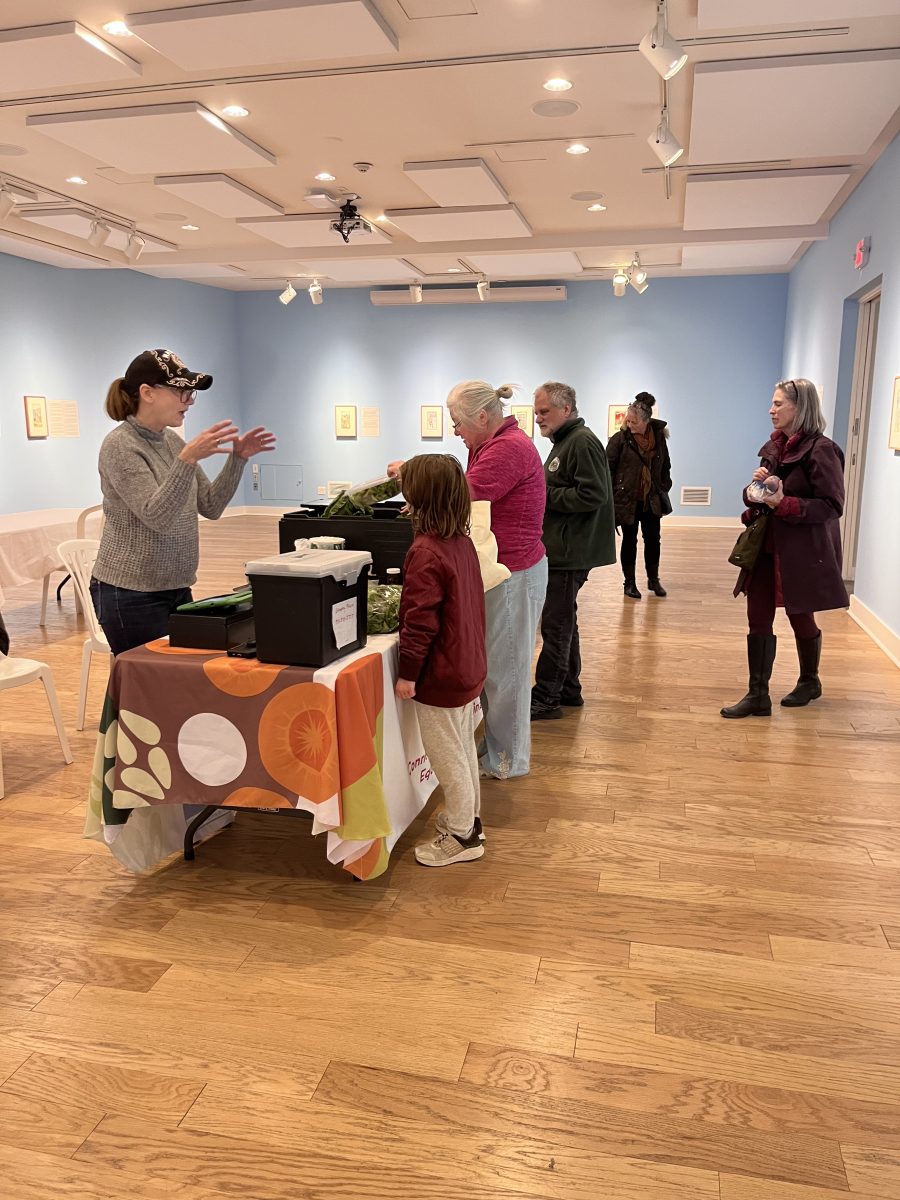
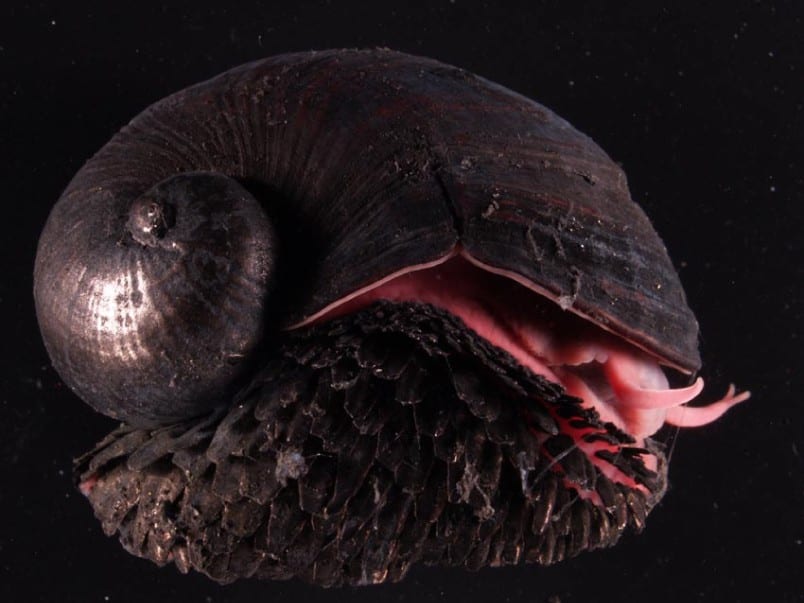



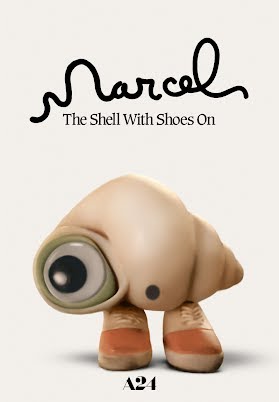
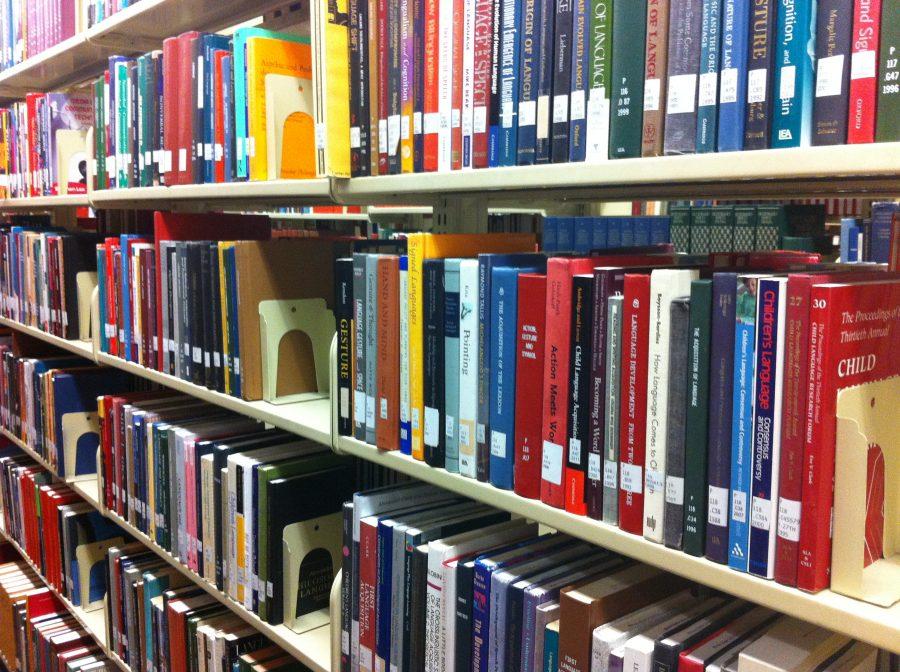


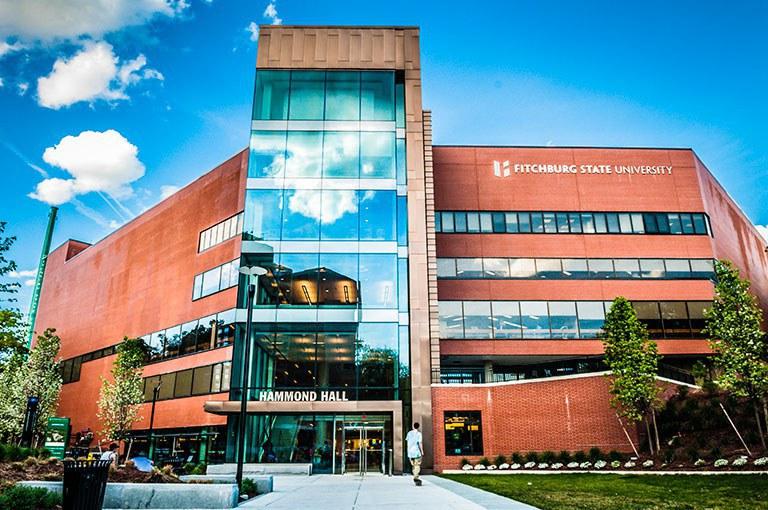




JR • Apr 10, 2020 at 7:11 am
This is an excellent article filled with good advice about how to sift through all the information available to us these days. Ms. Fratantonio seems like a very thoughtful and helpful individual that students are fortunate to have available to them.